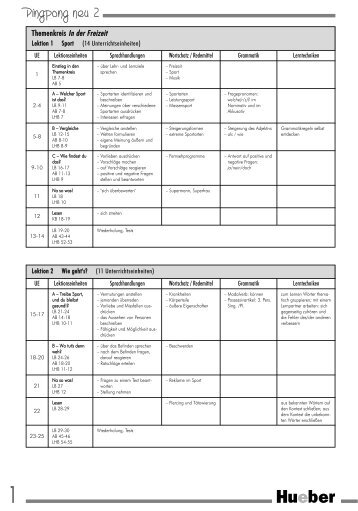
Furthermore, listeners rely on other types of cues than acoustic ones in order to make their judgements (i.e., speech rate, word length and segmental context). We show that deciding whether a token was produced with or without the schwa is not always possible.

In the second study, we examine the perception of schwa word tokens extracted from connected speech. As a consequence, some tokens without schwa in connected speech may be the result of a process of gradual phonetic reduction rather than the result of a categorical process of alternation. In the first study, we investigate the phonetic variability of schwa in a large number of occurrences of schwa variants and find that schwa, like other segments in French, undergoes phonetic reduction. However, the two studies we present here suggest a more complex picture. This process is assumed to result in two discrete outputs: forms with schwa (i.e., schwa variants) and forms without schwa (i.e., non-schwa variants).


A categorical phonological process of deletion is traditionally assumed to account for the alternation of schwa with zero in French.


 0 kommentar(er)
0 kommentar(er)
